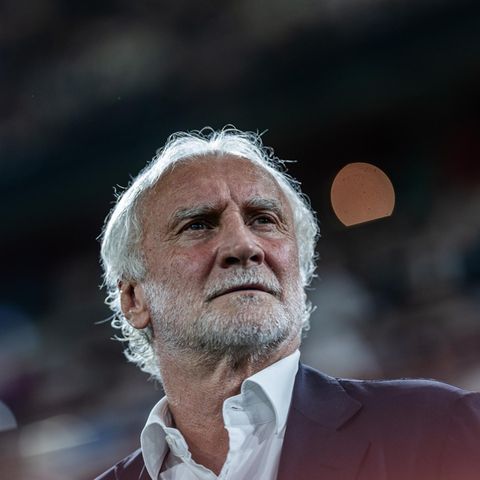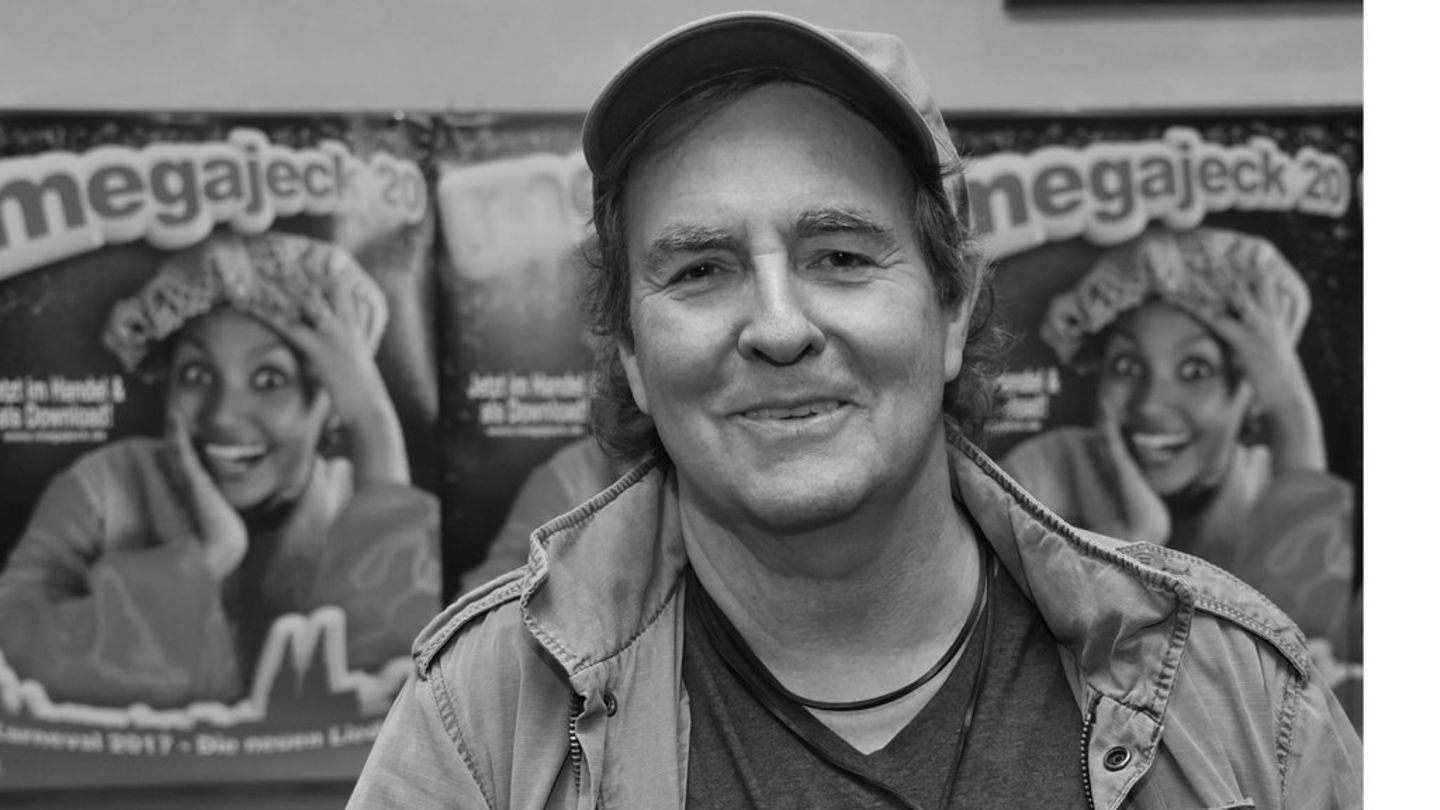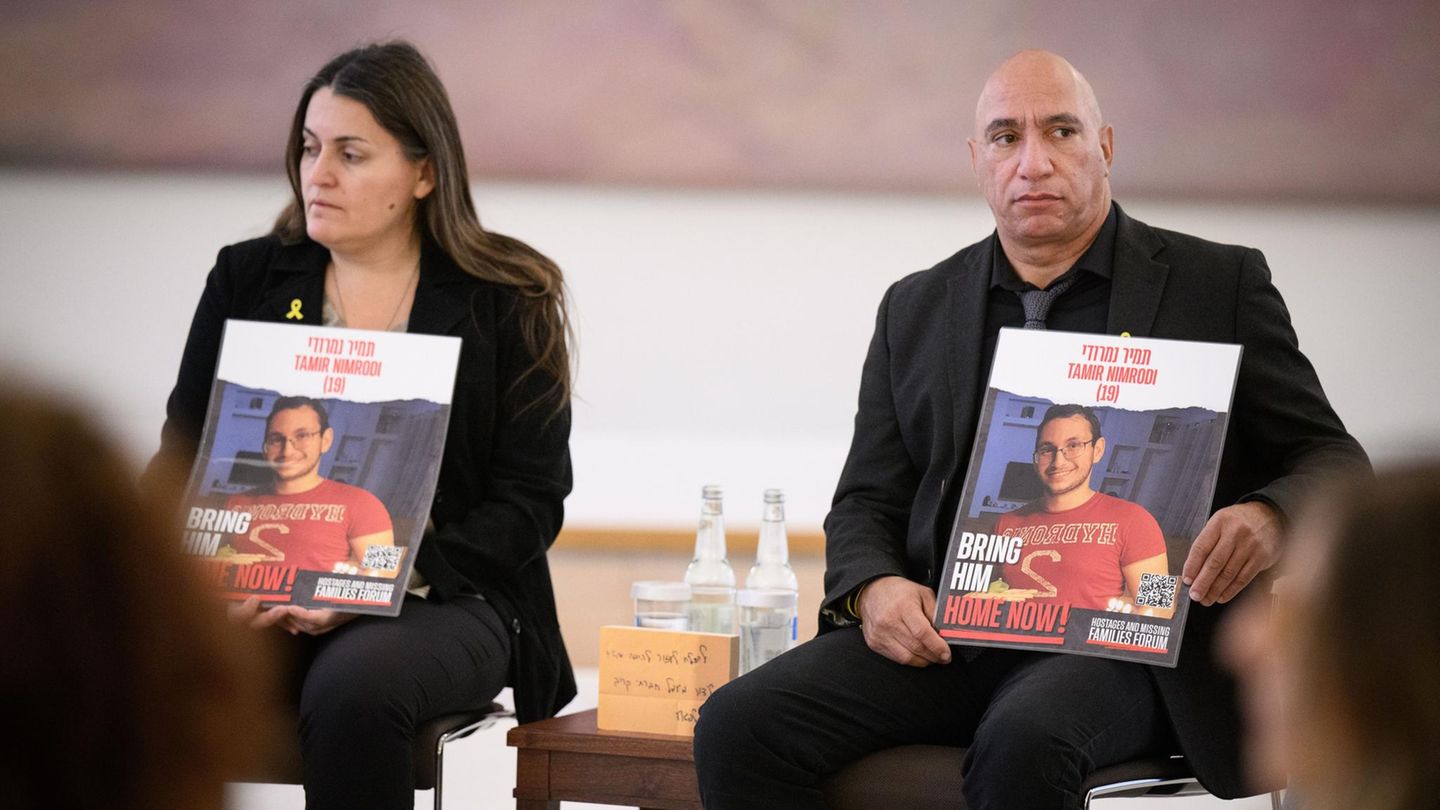Image: Barbara Palffy

Image: Stefan Weiss

Image: R. Winkler
“It’s crazy how quickly time flies,” says Fenja Lukas herself, surprised in the OÖNG interview. Exactly ten years ago, the soprano appeared on stage for the first time at the Linz Music Theater as “Arab Princess” Amirah. The Munich native has been a permanent member of the opera ensemble since 2015 and can currently be seen as the highly acclaimed “Adele” in “Der Fledermaus” and as Ännchen in “Freischütz”.

Image: Stefan Weiss
Musical theater has now “become my second home. Being entrusted with leading roles right from the start is something special. This has also enabled me to build up a very extensive repertoire.”
A skirt weighing ten kilos
What advice would she give today to the very young singer of yesteryear, who was in the middle of her bachelor’s degree at Linz’s Bruckner University? She thinks for a moment: “Not to be too distracted by what other people think. You shouldn’t underestimate how much of your inner self you reveal, despite all the make-up and costume. You have to fully understand the role, both musically and dramaturgically, so that you can then fully support what comes on stage later. When uncertainties remain, criticism always hits you harder. That’s what I would pass on to my younger self.”

Image: R. Winkler
The singer’s days are long and have begun long before the stage curtain rises at 7:30 p.m. “Our earliest mask time is 6 p.m. At ‘Freischütz’ I’m in the mask for an entire hour because the entire upper body, arms and face are painted white. Then I make sure my body gets warm and I gather energy. Some people sing in before the mask, I prefer to go into the mask a little earlier to see my dear Gerlinde,” (mask director Gerlinde Matousch, note), she describes a normal performance day. “Some roles are a real work-out,” jokes Fenja Lukas, “as the maid Adele in ‘Fledermaus’, not only demanding arias but also a lot of physical demands. “The stairs that I stumble up and down during my second aria are a real challenge. The dress, which is twice as wide as the stairs themselves, hangs on the bars. You have to be careful not to step on the hem, it’s real work – but also funny because it can be funny. Adele has never worn a dress like this in her life. It can look awkward when she swings her 10-pound, lush skirt around her hips.”
Her interpretation of Ännchen in “Freischütz”, however, is completely different, a tragic role “in which I was able to try out a lot. It’s not your typical little boy role. Breaking out of that and creating something new together with Hermann Schneider was endless fun for me. I really like the result and also the extreme staging.” Does it make a difference for you if the host himself directs? “In a certain way you are of course a little more excited, but that goes away as you work on the role. At the end, artists stand on a stage and pull together. But subconsciously you realize that the boss is sitting there,” with “GMD” general music director Markus Poschner at the podium, “double the load,” she laughs. Both praises are much more important. “You can perhaps do it differently, but certainly not better,” said the Bruckner Orchestra chief conductor, bowing to her Susanna in “Le nozze di Figaro” last year.
Zerlina in “Don Giovanni”, Musetta in “La Bohème” and Almira in “Rinaldo” are also part of her diverse, increasingly extensive repertoire. Does she sometimes listen to recordings of her colleagues? “Yes, yes. Just to get ideas while rehearsing. But at a certain point you have to say: I’ll forget that again and go my own way,” which she can’t avoid for her next role: From April she’ll be in again – after “Under the Glacier” by Michael Obst last year a contemporary opera: “Benjamin Button”, a work commissioned by the State Theater to the German Reinhard Febel. “That’s also something incredibly exciting: you’re sitting in front of this newly composed work and you have the details and tempos from the composer. But we still don’t know what it all sounds like in the end. It’s totally fascinating.” And an adventure: “You never know what’s going to happen to you.”
Are the grades already available? “Yes, but mine are currently with our reliable Veronika (archivist Veronika Retschitskaja, note). Now that I’ve worked through Fitzgerald’s original novel and the libretto, I’m getting to grips with the notes and the score, immersing myself in the music until it’s a part of me.”
Then, sitting at the piano, she will get to know her melodies, which she will rehearse diligently, “until we all meet again in the theater and start rehearsals.” What musical, scenic or acting challenges await her this time also remains exciting. Opera is an adventure. Above all, a happy one.
more from culture
Heino: “Hannelore was my greatest personal success”
A visit to Brussels or taming the unruly in the Salzkammergut
“The Quiet Girl”: One of the most touching films of the fall
A high percentage farewell to the world of jazz
: Nachrichten
I am an author and journalist who has worked in the entertainment industry for over a decade. I currently work as a news editor at a major news website, and my focus is on covering the latest trends in entertainment. I also write occasional pieces for other outlets, and have authored two books about the entertainment industry.




